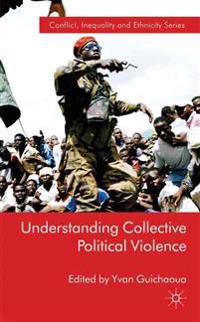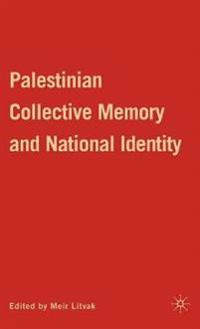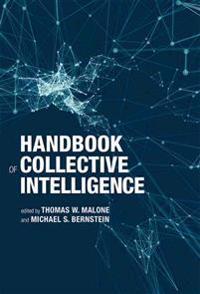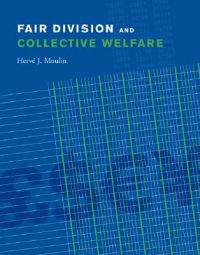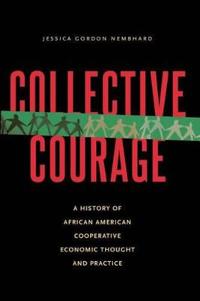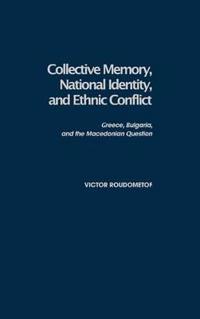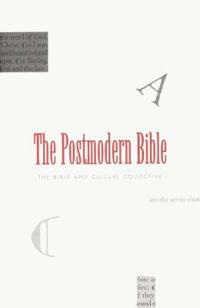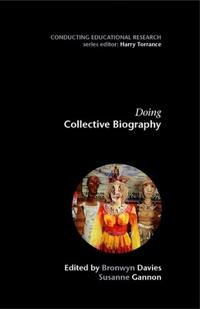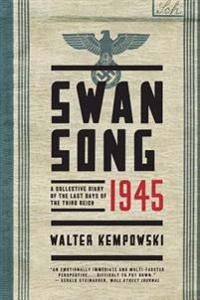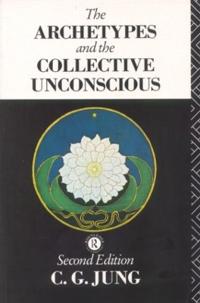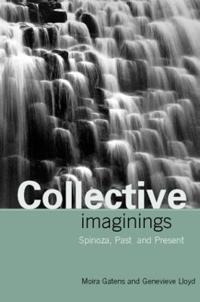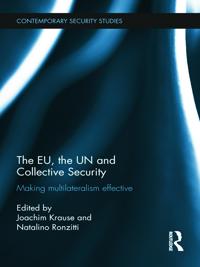Collective Memory and the Historical Past
ISBN: 9780226399157 - UTGIVEN: 2016-11There is one critical way we honor great tragedies: by never forgetting. Collective remembrance is as old as human society itself, serving as an important source of social cohesion, yet as Jeffrey Andrew Barash shows in this book, it has served novel roles in a modern era otherwise characterized by [...]
Understanding Collective Political Violence (Inbunden)
avYvan Guichaoua
ISBN: 9780230285460 - UTGIVEN: 2011-11Understanding Political Violence offers crucial insights on processes damaging lives and polities in a variety of places across the globe: in Africa, in Latin America, in South East Asia and in the Middle East. By adopting a rich, evidence-based micro-level perspective, the authors provide critical [...]
Palestinian Collective Memory and National Identity
ISBN: 9780230613065 - UTGIVEN: 2009-04This book analyzes the evolution and cultivation of modern Palestinian collective memory and its role in shaping Palestinian national identity from its inception in the 1920s to the 2006 Palestinian elections.[...]
National Collective Identity: Social Constructs and International Systems (Pocket)
avRodney Bruce Hall
ISBN: 9780231111515 - UTGIVEN: 1999-01-20Individual and Collective Memory Consolidation: Analogous Processes on Different Levels (Övrig)
avThomas J. Anastasio, Kristen Ann Ehrenberger, Patrick Watson, Wenyi Zhang
ISBN: 9780262017046 - UTGIVEN: 2012-03-20We form individual memories by a process known as consolidation: the conversion of immediate and fleeting bits of information into a stable and accessible representation of facts and events. These memories provide a version of the past that helps us navigate the present and is critical to individual[...]
Handbook of Collective Intelligence
ISBN: 9780262029810 - UTGIVEN: 2015-11Intelligence does not arise only in individual brains; it also arises in groups of individuals. This is collective intelligence: groups of individuals acting collectively in ways that seem intelligent. In recent years, a new kind of collective intelligence has emerged: interconnected groups of peopl[...]
The City Of Collective Memory (Pocket)
avM.Christine Boyer
ISBN: 9780262522113 - UTGIVEN: 1996-05-01Describes the visual and mental models by which urban environment has been recognized, depicted and planned. This analysis draws from geography, critical theory, architecture, literature and painting to identify these "maps" of the city - as a work of art, as panorama and as spectacle.[...]
Fair Division and Collective Welfare (Häftad)
avHerve J. Moulin
ISBN: 9780262633116 - UTGIVEN: 2004-09The concept of fair division is as old as civil society itself. Aristotle's "equal treatment of equals" was the first step toward a formal definition of distributive fairness. The concept of collective welfare, more than two centuries old, is a pillar of modern economic analysis. Reflecting fifty ye[...]
Bosnia and the New Collective Security (Inbunden)
avElinor C. Sloan
ISBN: 9780275961657 - UTGIVEN: 199805This work examines two complex and interrelated topics: the role of peacekeeping and related operations in managing nontraditional crises, and the international community's response to the recent conflict in Bosnia. The author explains the changing nature of international involvement and draws out l[...]
Collective Memory, National Identity, and Ethnic Conflict
ISBN: 9780275976484 - UTGIVEN: 2002-12Roudometof provides an in-depth analysis of inter-ethnic relations in the southern Balkans. He examines the evolution of the Macedonian Question and the production of rival national narratives by Greeks, Bulgarians, and Macedonians. He introduces the concept of a national narrative in order to accou[...]
The Postmodern Bible (Häftad)
avBible & Culture Collective
ISBN: 9780300068184 - UTGIVEN: 199702The burgeoning use of modern literary theory and cultural criticism in recent biblical studies has led to stimulating-but often bewildering-new readings of the Bible. This book, argued from a perspective shaped by postmodernism, is at once an accessible guide to and an engagement with various method[...]
Doing Collective Biography
ISBN: 9780335220441 - UTGIVEN: 2006-11'At last a book that not only describes what collective biography is but also explains how to use it! The book describes how to set up collective biography workshops in which participants examine how discursive structures and power relations have both enabled and limited the conditions of possibilit[...]
Swansong 1945: A Collective Diary of the Last Days of the Third Reich (häftad)
ISBN: 9780393352269 - UTGIVEN: 2016-03Swansong 1945 chronicles the end of Nazi Germany and World War II in Europe through hundreds of letters, diaries, and autobiographical accounts covering four days that fateful spring: Hitler s birthday on April 20, American and Soviet troops meeting at the Elbe on April 25, Hitler s suicide on April[...]
The Archetypes and the Collective Unconscious (Häftad)
avC. G. Jung
ISBN: 9780415058445 - UTGIVEN: 199106The concept of 'Archteypes' and the hypothesis of 'A Collective Unconscious' are two of Jung's better known and most exciting ideas. In this volume - taken from the Collected Works and appearing in paperback for the first time - Jung describes and elaborates the two concepts. Three essays establish [...]
Collective Imaginings
ISBN: 9780415165716 - UTGIVEN: 1999-10Why would the work of the 17th century philosopher Benedict de Spinoza concern us today? How can Spinoza shed any light on contemporary thought? In this intriguing book, Moira Gatens and Genevieve Lloyd show us that in spite of or rather because of Spinoza's apparent strangeness, his philosophy can [...]
Citizenship And Collective Identity In Europe (Pocket)
avIreneusz Pawel Karolewski
ISBN: 9780415502764 - UTGIVEN: 2011-02-28Collective Morality and Crime in the Americas (Inbunden)
avChristopher Birkbeck
ISBN: 9780415529815 - UTGIVEN: 2012-11-01Sustainable Collective Housing (Inbunden)
avLee Ann Nicol
ISBN: 9780415531122 - UTGIVEN: 2012-08-31Collective Learning For Transformational Change (Inbunden)
avValerie A. Brown, Judith A. Lambert
ISBN: 9780415622929 - UTGIVEN: 2012-10-03Learning and Collective Creativity (Inbunden)
ISBN: 9780415657105 - UTGIVEN: 2013-09This book brings together leading representatives of activity-theoretically-oriented and socioculturally-oriented research around the world, to discuss creativity as a collective endeavour strongly related to learning to face the societal challenges of our world. As history shows, major accomplishme[...]
Collective Violence, Democracy And Protest Policing (Inbunden)
avDavid R Mansley
ISBN: 9780415659710 - UTGIVEN: 2013-09-26The EU, the UN and Collective Security (Inbunden)
ISBN: 9780415699174 - UTGIVEN: 201204This book examines the effectiveness of multilateralism in ensuring collective security and, in particular, the EU's role in this process. In 1992, shortly after the end of the Cold War, a Security Council Summit in New York reaffirmed the salience of the system of collective security and stated the[...]
NATO and Collective Defence in the 21st Century
ISBN: 9780415786294 - UTGIVEN: 2017-03This book presents a cutting-edge assessment of NATO's collective defence strategies in the immediate aftermath of the July 2016 NATO Warsaw Summit. Collective defence and deterrence came back on the agenda at the 2014 Wales Summit following the Russian annexation of Crimea, and was in many respects[...]


